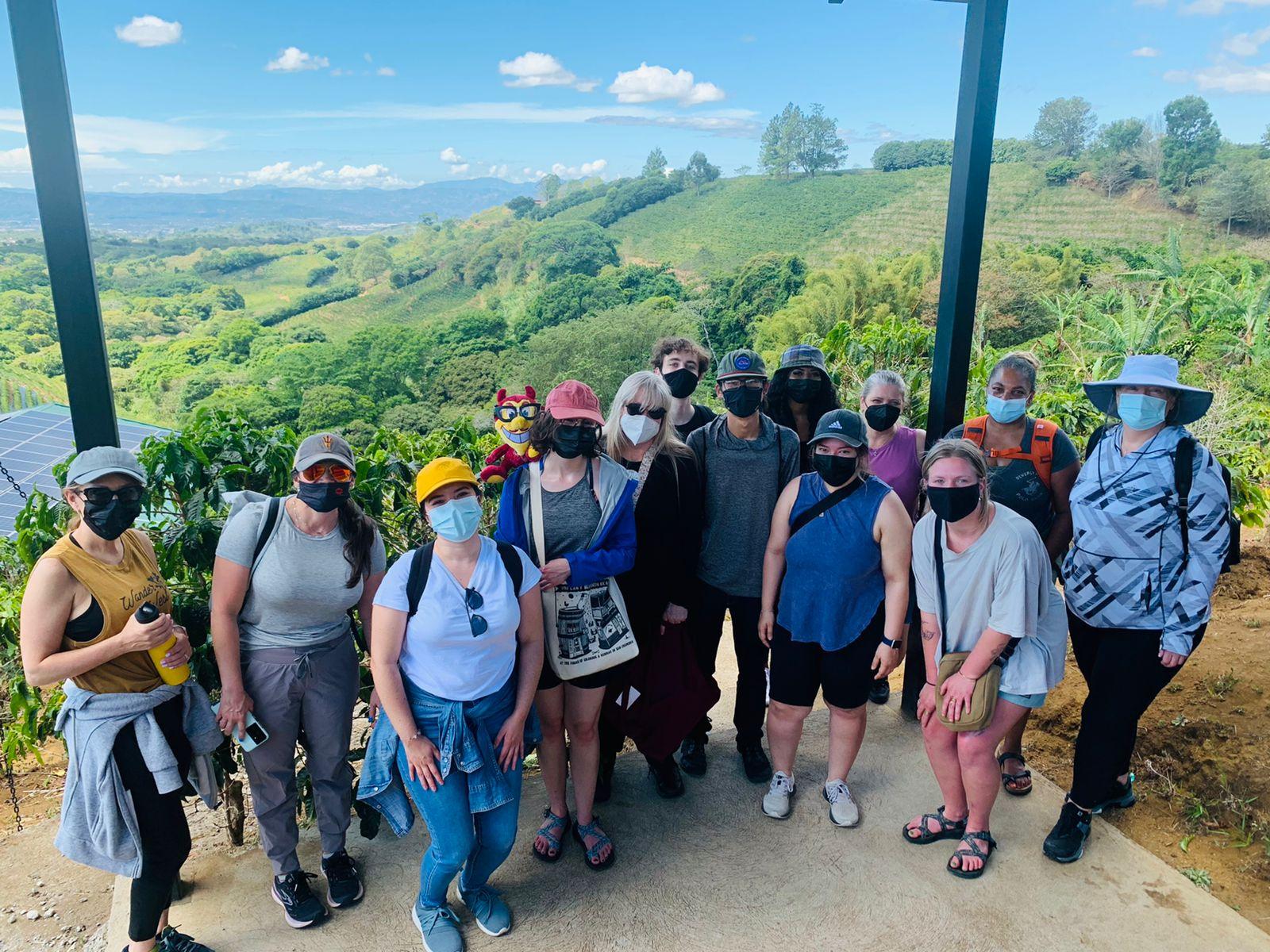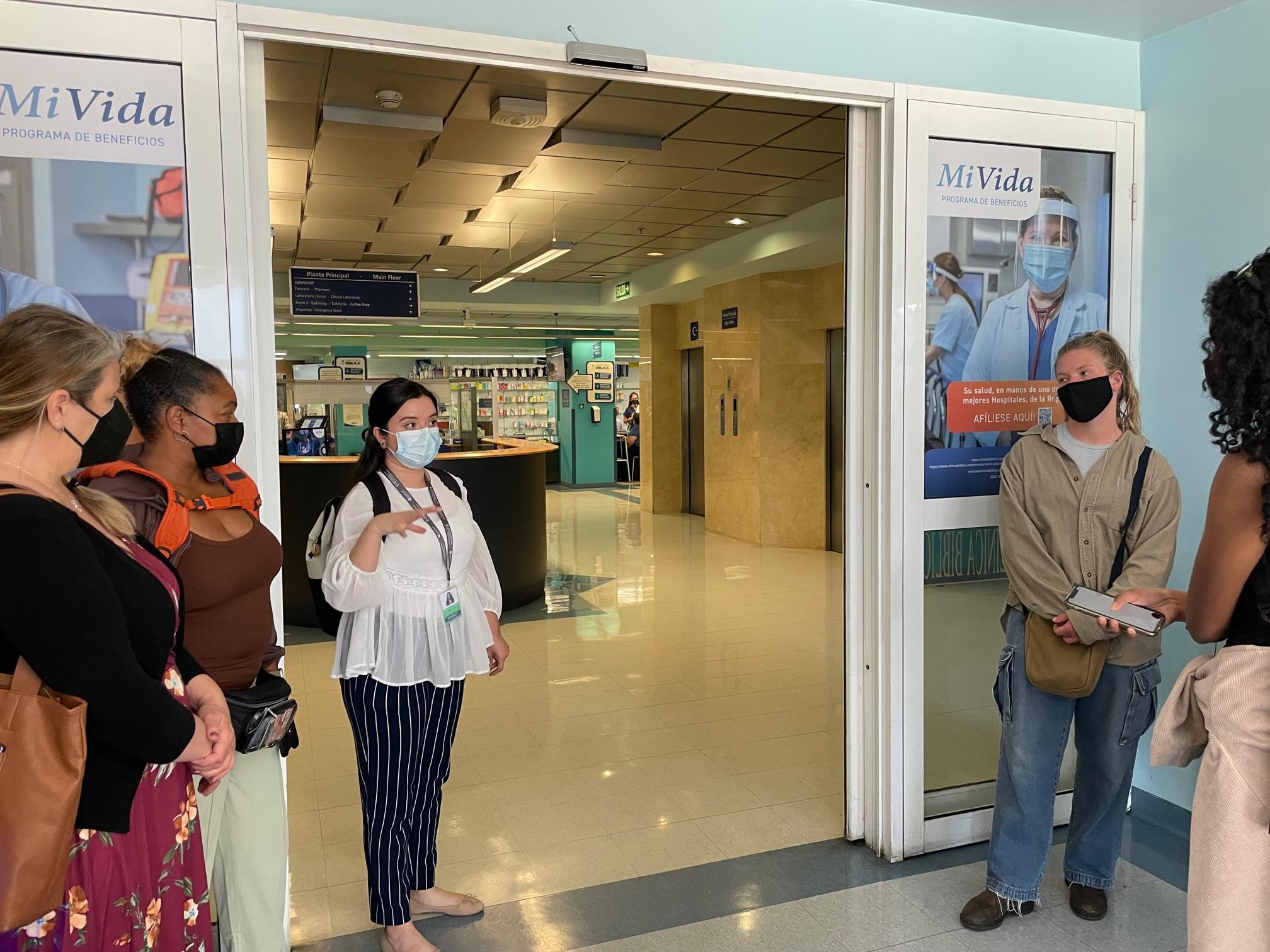Studying public health and sustainability in Costa Rica
Studying public health and sustainability in Costa Rica with UniLatina and ASU was a truly unforgettable experience that I’ll cherish forever. Since it was a GIE program, we were only in Costa Rica for a week, but “global intensive experience” very accurately describes how we made use of our time there.

While in Costa Rica, we visited a sustainable coffee farm, hiked through a rainforest to see waterfalls, visited a school and taught nutrition lessons, toured a hospital, saw a volcano, helped out at a permaculture farm, toured the beautiful city of San José, and had free time to explore on our own. All of this was in addition to the thoughtful and engaging lectures we received at UniLatina on topics related to the United Nations’ Sustainable Development Goals and environmental and public health policy in the country.

As a Nursing (Entry to Nursing Practice), MS student in my last semester, I am currently working on my master’s project which asks us to research and plan the implementation of an evidence-based practice change. My project focuses on the structure of community health worker programs in the United States and was heavily influenced by the success of Costa Rica’s ATAP (Asistentes Técnicos de Atención Primaria) program which we learned about both onsite in Costa Rica and in the associated pre-trip course.
As part of Costa Rica’s nationalized health care system, each household in the country receives home visits from an ATAP (community health worker with standardized training and skills), at least once a year based on a risk stratification system. ATAPs can monitor health status, give education on disease maintenance and prevention, provide preventative screenings, and deliver vaccinations to rural populations. Since this expansion of access to health care in the 90s, Costa Rican health outcomes have dramatically improved, especially in the areas of maternal health and tropical disease.

The knowledge and experiences I took away from this GIE were indispensable and I can’t wait to further integrate what I’ve learned in Costa Rica into my master’s project and future clinical practice after graduation.